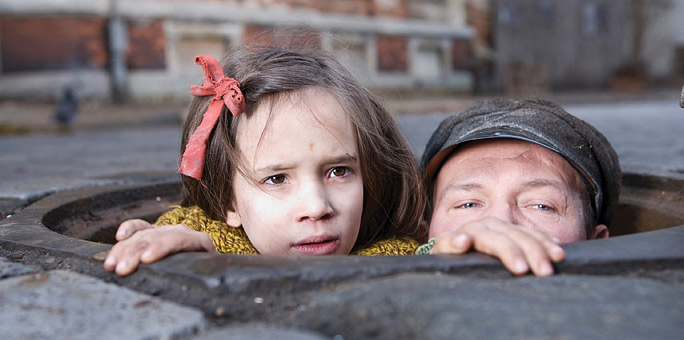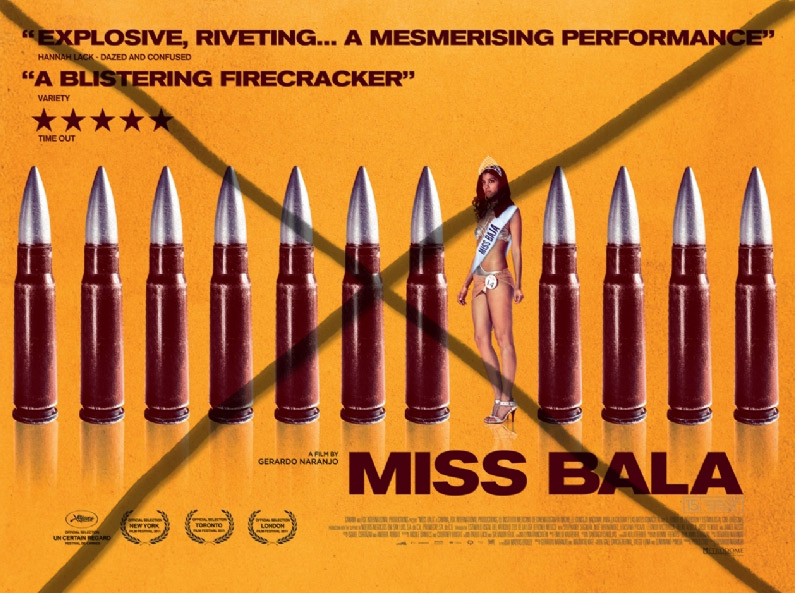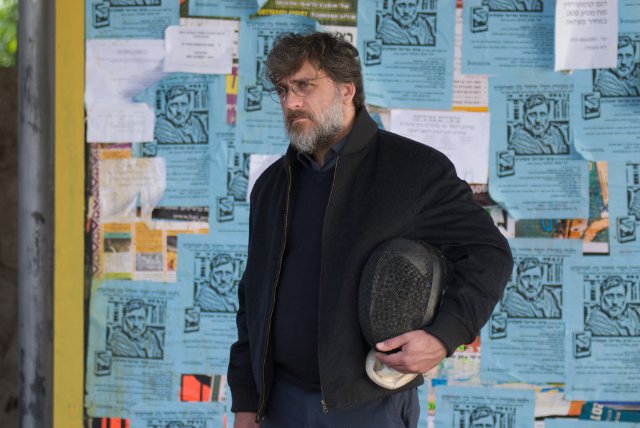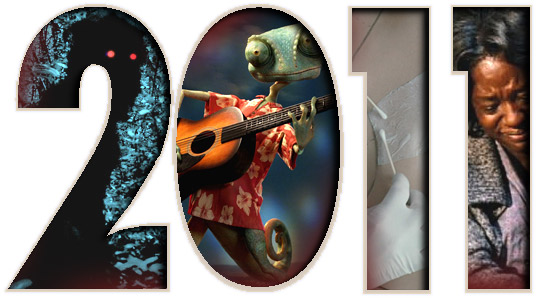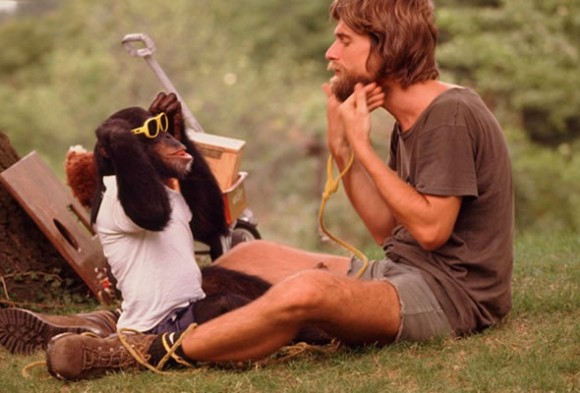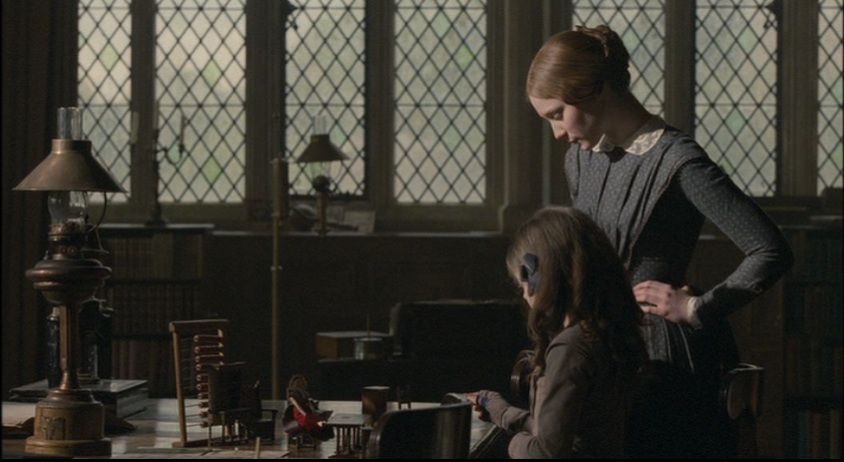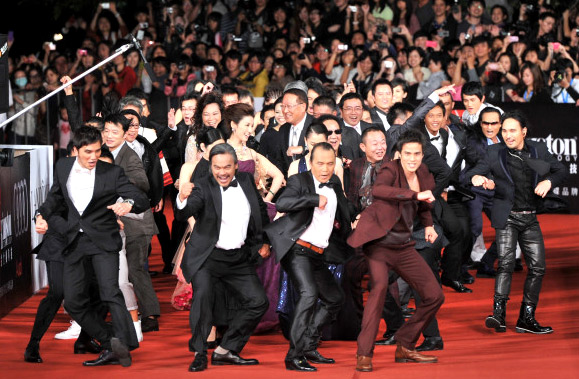Naked Gold Man: Final Oscar Predictions !
 Saturday, January 21, 2012 at 5:25PM
Saturday, January 21, 2012 at 5:25PM  I've never been good at math so predicting this year's Oscar race feels especially challenging. You can tell me that a picture requires 5% of #1 votes or that it's 10% or 406 votes or that you need #2 or #3 placements on 69.3% of ballots with odd #1 choices that weren't already tossed aside... None of it will really sink in. For the first time in well over a decade, I had a flashback to my high school algebra class and how my friends (who were in calculus) kept teasing me about my "polynomials?" confusion. I hate math!*
I've never been good at math so predicting this year's Oscar race feels especially challenging. You can tell me that a picture requires 5% of #1 votes or that it's 10% or 406 votes or that you need #2 or #3 placements on 69.3% of ballots with odd #1 choices that weren't already tossed aside... None of it will really sink in. For the first time in well over a decade, I had a flashback to my high school algebra class and how my friends (who were in calculus) kept teasing me about my "polynomials?" confusion. I hate math!*
But in the end what does it matter? Buzz, also an abstraction, is more fun to play with and closer to the truth for non-mathematicians. Best Picture nominations have long required #1 votes, maybe not in the same configurations but they've always required them. And as Joe recently pointed out on the podcast, we're tricked into thinking too deeply about this each and every year. Who thought Frost/Nixon was the best movie of 2008? Who would ever have voted for Chocolat as the best film of 2000? And yet it happens year in and year out. Focusing too much on #1 votes can cloud this certainty: Any film still being discussed as a possibility this late in the game has a fanbase. The question is just 'is that base big / loyal enough within the Academy to secure it a best picture nomination?'
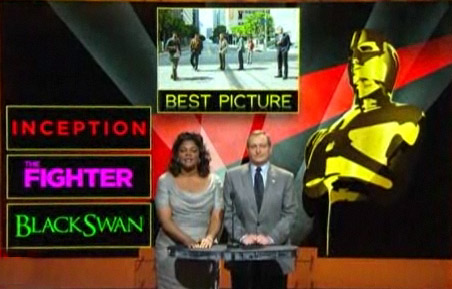 Mo'Nique reading the Best Picture nominees last year!
Mo'Nique reading the Best Picture nominees last year!
What Happens With The Screens Behind the Presenters?
For the first time in modern history we'll have no idea until the names are read whether there will be five, six, seven, eight, nine or ten nominees. In past years when they announced the nominees you'd see the blank boxes where the nominees would be revealed while they read out the names. You knew, for instance, if there would be 3 or 5 animated nominees by how many boxes were there even if you hadn't been paying attention to the number of eligible pictures released.
My current hourly obsession is wondering whether we'll be tipped off to how many pictures there are seconds before we hear the titles...
When we knew there would be ten they simply appeared as they were read but there weren't actually boxes behind the announcers to be filled in as there were in years with five. You follow? So this year if there are, say, 6 nominees will we first see the empty boxes and KNOW there will be six before the names are read?
PICTURE
If we only had five nominees, this race would be easy to call. Our nominees would be: The Artist, The Descendants, The Help, Hugo, and Midnight in Paris. And in that order of likelihood. (My preference order, just as reminder from my year in review, would be The Artist, Midnight in Paris, The Help, Hugo and The Descendants.) I believe the nomination tally hierarchy is going to be Hugo, The Artist, and The Help way out in front of other films. Moneyball would, I think, be the spoiler in a traditional shortlist year. No matter how you feel about those films on an individual basis, as a group that's a pretty beautiful spread of the film year: message movies, family dramas, cinematic novelties, smart comedies and releases stretching from summer to Christmas, from critical triumphs to sleeper hits. It's representative and we like the Oscars that way.




